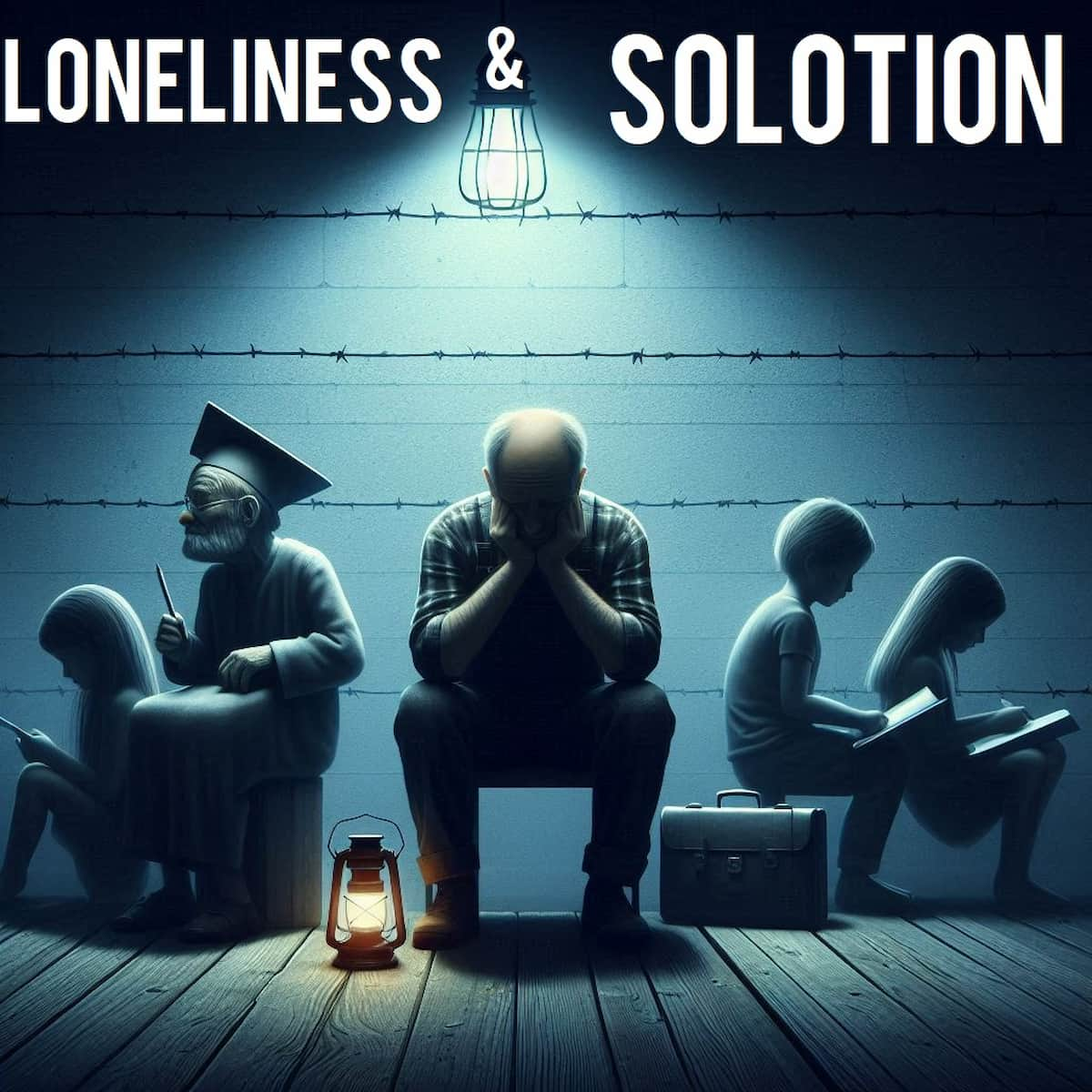Loneliness isn’t just a passing feeling; it’s a complex and multifaceted phenomenon that has captured the attention of researchers and scholars worldwide. In this exploration of loneliness research and studies, we’ll delve into the latest findings and insights, shedding light on the causes, effects, and potential solutions to this pervasive societal issue.
Key Takeaway:
Research on loneliness provides valuable insights into its causes, effects, and potential interventions, offering hope and guidance for individuals struggling with feelings of isolation and disconnection.
The Science of Loneliness
1. Understanding Loneliness:
- Definition and Measurement: Researchers define loneliness as the subjective feeling of social isolation or lack of meaningful connection with others. Various scales and questionnaires have been developed to assess and measure loneliness levels.
- Causes and Contributors: Loneliness can stem from a variety of factors, including social, psychological, and environmental influences. Relationship breakdowns, life transitions, and societal changes can all contribute to feelings of loneliness.
2. Effects of Loneliness:
- Physical Health Impacts: Loneliness has been linked to a range of physical health problems, including cardiovascular disease, immune dysfunction, and premature mortality. Chronic loneliness can take a toll on the body, leading to increased inflammation, stress, and susceptibility to illness.
- Mental Health Consequences: Loneliness is strongly associated with poor mental health outcomes, including depression, anxiety, and low self-esteem. Feelings of loneliness can exacerbate existing mental health conditions and contribute to a vicious cycle of negative thoughts and emotions.
Recent Research Findings
1. Impact of Technology:
- Social Media Use: Contrary to popular belief, excessive use of social media has been linked to increased feelings of loneliness and social isolation. While technology can facilitate connections, it can also contribute to feelings of FOMO (fear of missing out) and inadequacy.
- Digital Interventions: Research suggests that digital interventions, such as online support groups and virtual therapy sessions, can be effective in reducing loneliness and improving well-being, particularly for individuals who are unable to access traditional forms of support.
2. Importance of Community:
- Community Engagement: Active involvement in community activities, volunteer work, and social groups has been shown to reduce feelings of loneliness and enhance social support networks. Building strong community ties can provide a sense of belonging and purpose.
- Intergenerational Connections: Interactions with people of different ages, backgrounds, and life experiences can enrich our social lives and mitigate feelings of loneliness. Intergenerational programs and initiatives promote meaningful connections across age groups and foster mutual support.
Conclusion
Loneliness research and studies offer valuable insights into the causes, effects, and potential interventions for this pervasive societal issue. By understanding the science behind loneliness and staying informed about the latest research findings, we can work towards building more connected and supportive communities. Remember, you’re not alone in your struggles, and there are resources and support systems available to help you navigate the challenges of loneliness.














